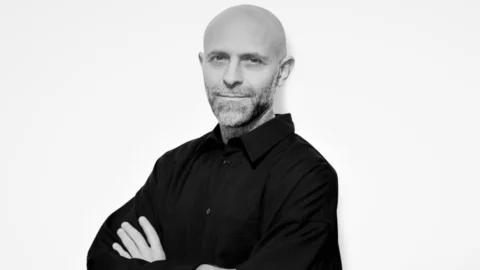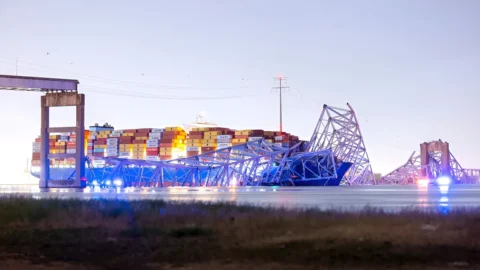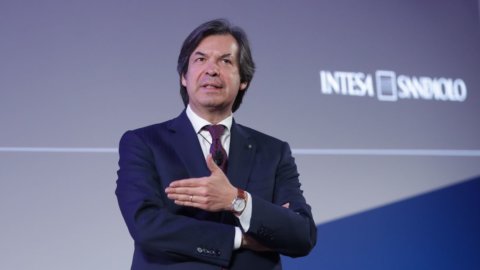Chaired by Professor Andrea Gilardoni of the Bocconi University and President of Agici, the III annual Workshop of the EE Study Center CESEF was held today entitled “Energy efficiency in Italy: many skills but few projects. Public policy, finance and innovation are the levers for the relaunch".
“The energy efficiency market is experiencing a series of paradoxes which limit its potential development – noted Stefano Clerici, Director of CESEF. Although EE is at the center of national and international energy policies, in our country it is little supported and sometimes opposed. The resources available are few and badly used (for example the 900 million € of the thermal account not spent or the 70 million €/year of the National Fund for EE still blocked), the incentive system not very generous. Furthermore, in spite of some estimates that see the EE market growing, the financial statements of ESCos and service companies highlight the serious difficulties of the sector”.
“The overall relaunch of the EE sector passes through a profound renewal of the market – underlined Prof. Gilardoni. The difficulties arise, in fact, from outdated models from the point of view of business, financing methods, as well as from the overall governance of the sector which today appears to be lacking. We need clear and innovative policies, also looking at European experiences such as, for example, the Command&Finance models; ESCo business models less based on the bureaucracy of white certificates and more oriented towards enhancing technical and planning skills; more innovative technologies, such as the Internet of Things which makes it possible to increase EE by no less than 30%-40%; innovative financial models more suited to the sector”.
At the Workshop – where the 2016 Report “Innovating the energy efficiency market. Public policy, strategies and the Internet of Things” – the following spoke as speakers: Francesco Sperandini (GSE); Federico Testa (ENEA), Luca Gentile (ABB), Giovanni Bartucci (Bartucci), Matteo Codazzi (CESI), Enrico Morandi (E.ON), Cristian Fabbri (Hera), Luca Marchisio (Terna), Riccardo Angelini (Iren), Maurizio Massanelli (Manutencoop), Alessandro Cattaneo (Common Heritage Foundation), Marco Radice (Studio Radice & Cereda), Andreana Esposito (CDP), Paola Rusconi (EEEF), Giuseppe Dasti (Mediocredito Italiano), Stefano Fissolo (Susi Partners).
Among the most relevant aspects that emerged from the debate, the proposal for the launch of the National Fund for EE, blocked for three years: around €70 million a year, which has now become €210 million, which could activate many investments in EE . According to our estimates, the fund would unlock 6.000-7.000 interventions a year, for an investment of around €700-800 million. Immobilism is linked to the identification of the manager. The Government opts for the dual GSE-CDP management. According to CESEF, the model to follow is the Guarantee Fund for SMEs (€700 million of average annual endowment), managed by a joint venture of banks, which in 2015 alone favored €15 billion of investments.
On the occasion of the Workshop, the CESEF Energy Efficiency Awards 2016 were assigned to three Energy Efficiency interventions of particular importance on the national scene. The aim of the initiative is to enhance national best practices in the sector, with the hope of bringing the best projects and the most innovative strategies into the system, contributing to the development of the Energy Efficiency market.
The "Project Energy Efficiency Award - Reduction of the carbon footprint of the Styron chemical plant" was awarded to Hera, Styron and Federchimica "For having broken down the technical and economic barriers of the project thanks to the synergy
between operators and the sharing of skills”.
The "Strategic Energy Efficiency Award - Smart City Platform" went to A2A "For the development of a basic infrastructure enabling the IoT services indispensable for creating the city of the future"
Finally, the "Financial Energy Efficiency Award LEDS - Lighting Efficiency Deal Securization" was awarded to TerniEnergia and Susi Partners "For the innovative financial management of an energy efficiency project"





